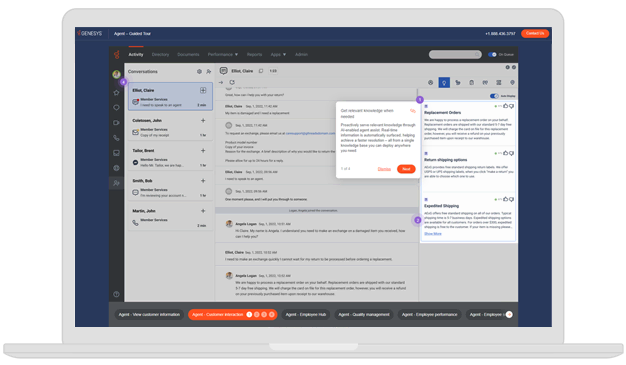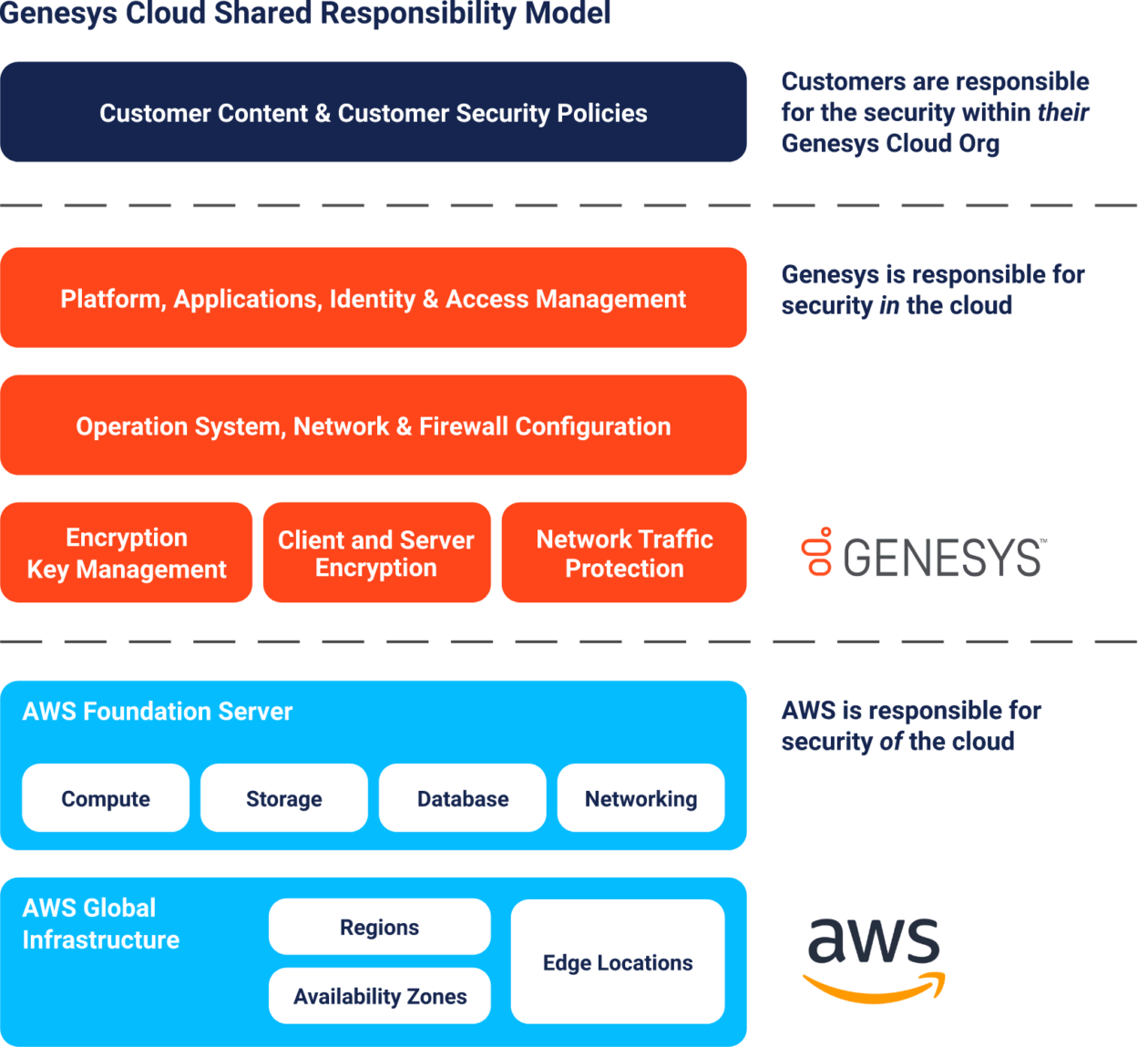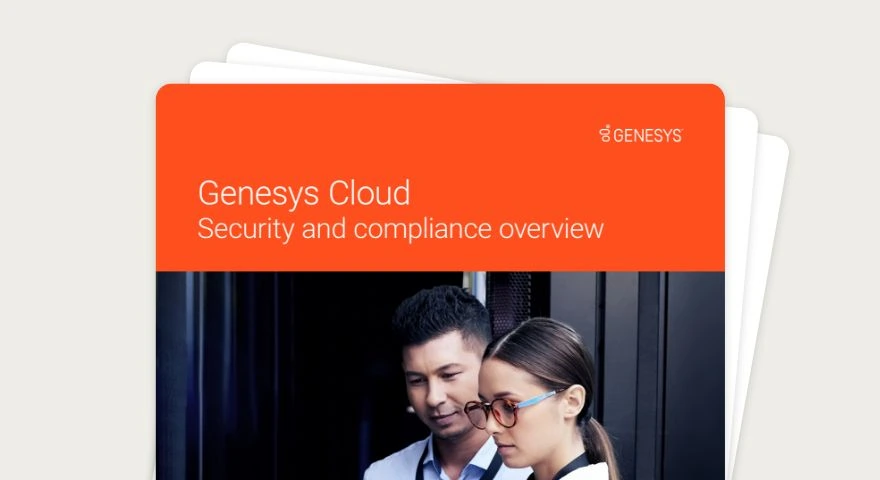Depending on the country, the industry or specific business, the rules contact centers have to follow can vary. In general, these laws and guidelines are drafted to prevent fraud and data breaches while maintaining data privacy and security.
Though industry standards for call center compliance can differ around the world, there are a few well-known examples. This includes laws such as the Telephone Consumer Protection Act (TCPA), the General Data Protection Regulation (GDPR) and the Payment Card Industry Data Security Standard (PCI-DSS), which is designed to protect cardholder data.












